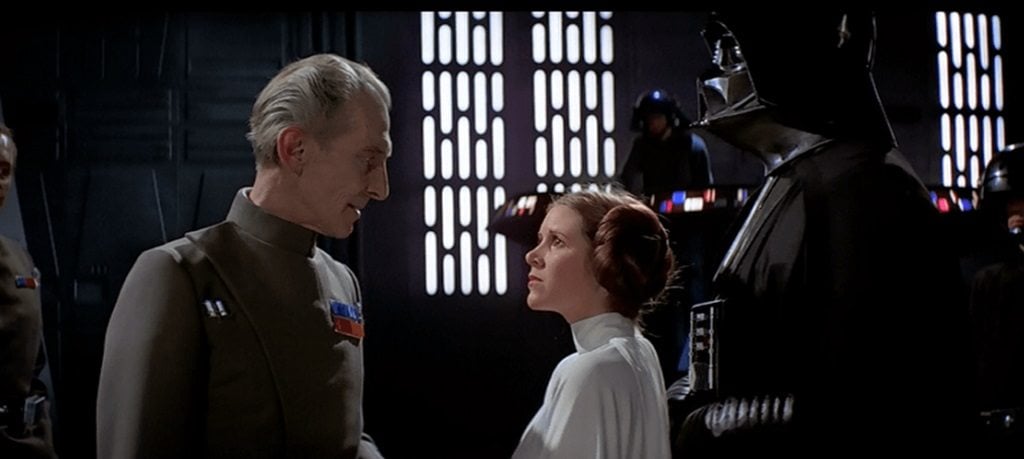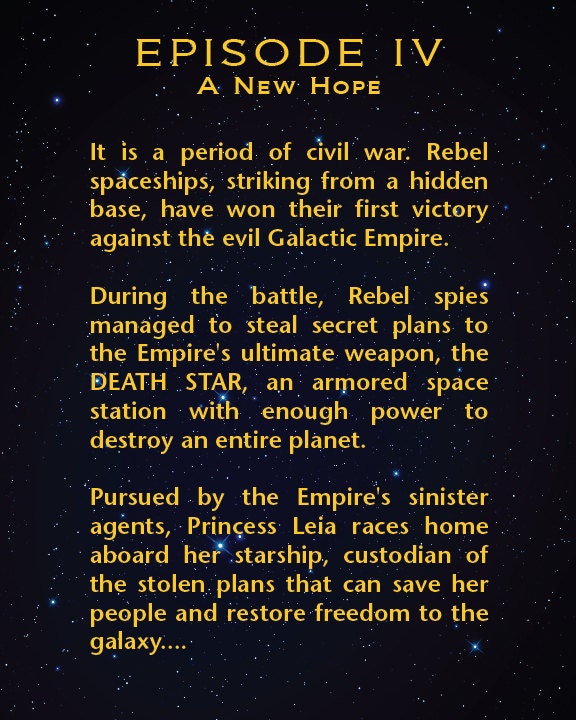In the reading by Nagel, “War and Massacre” two
concepts of justification for war or harm are defined at length, that of utilitarianism
and absolutism. Utilitarianism on the surface is more easily defined, and
therefore more widely accepted as a basic concept: maximize the good, and
minimize the evil when it concerns what may happen because of one’s actions.
Thereby, even when intending harm, one may justify one’s evil by the good one
does, and remain morally acceptable. This justification is accepted in our
warfare as allowable killing of noncombatants or civilians for the “greater
good” of some gain measure worth more than their lives, ie the statistical
likelihood of killing guerrilla fighters or the necessity of torture. However,
the absolutist will not allow for justification, for the allowance of killing
as a good action taken. The absolutist restricts utilitarianism, saying, “You
cannot justify your evil action as something good; it is still evil, and you
are not on the moral high ground.” There is no arguing over what is justified
good, what life is worth more, instead only direct violence to one another is
the appropriate warfare. Direct action means no harm to those not your direct
opponent, and there is no justification of torture as only the loss of life may
be weighed against another’s life, not the nebulous concept of possible murders
in the future. The absolutist still agrees with the maximizing good concept,
yet places limits on what may be justified, and that murder still remains murder,
never becoming a “necessary evil” as this disrespects the existence of the
human being.
In summary, now with these concepts again defined, I
hope to compare this logic to that of Princess Leia (and/or the Rebel Alliance)
and Grand Moff Tarkin (and/or the Imperial Empire) in Star Wars: A New Hope. Nagel’s utilitarian description can be
fitted to the Empire, if “good” is assumed as “benefit for myself and my allies”
and Princess Leia can be prescribed as an absolutist, in most respects. This is
best represented in the beginning references to Princess Leia’s torture, and
subsequently the destruction of Alderaan. The reasoning for Leia’s torture by
Darth Vader is for information—for the good of the Empire, they need the
location of the rebel base—and is a near exact replica of the utilitarian
argument for torture. The evil of torture is justified by the greater benefit
of this information. As she rebels, they finally ascribe to “alternative forms
of persuasion” as said by Tarkin, aka threatening to destroy Alderaan with the
Death Star. The destruction of Alderaan is indirect action, as Alderaan is a
declared neutral planet, with its primary residents civilians. By law of the
absolutist, which Leia here argues in fear, they are not to be targeted. There
is no benefit that justifies the massacre of her people, not even the location
of the rebel base—or so an absolutist would say, as Princess Leia does.
 |
| image credit |
Here there is a stark contrast of justified
massacre of civilians, who are described by Tarkin as taking part still in the
conflict by her association, thereby connected and deserving death, versus Leia’s
pleas for whom she defines quite oppositely as neutral, undeserving of death.
This can be compared directly to the justifiable use of atomic weapons as in
World War II. One party stands to lose millions of innocent civilians for a
purpose that seems unjustifiable, that of lowering morale, wherein the other
party declares those same civilians as guilty, and perfectly acceptable losses
in the face of millions of possible deaths – this is the argument for the
nuclear bomb drop of Hiroshima. The opening crawl of Star Wars draws this
direct line, “ultimate weapon….with the power to destroy an entire planet,”
between the nuclear bomb and the Death Star, only exaggerated to planetary
scale for a more horrifying reaction.
 |
| image credit |
Within these moments, the line
between the evil and the good is drawn. The absolutist is good, and the
utilitarian is evil (though less refined as Nagel’s analysis) is the basic
assumption of the Star Wars conflict between Empire and Rebel, philosophically speaking.
Extra Links for Fun:
"The Real History that Inspired Star Wars"
"Star Wars Theme Medley Sung by the Cast of The Force Awakens (+The Roots, Jimmy Fallon)"
"Star Wars in 99 Seconds" (with clips from movies) [SPOILERS]
"Star Wars in 99 Seconds" (original) [SPOILERS]
"Darth Jar Jar Theory Explained"
Woops, nearly forgot my question! Are there other real life comparisons to Star Wars that can be made? (Other than those mentioned in the article I added!)
ReplyDeleteAlexandra,
ReplyDeleteI really, really enjoyed your post! When I watched Star Wars, I struggled to find an example of absolutism, as I felt that even though the Jedi side was the good side, they would still be willing to kill to win. However, I definitely see what you mean that Princess Leia herself is the ultimate example of absolutism! She is willing to die to prevent the harm of others. However, there's a part of me that thinks she would be willing to kill Vader in exchange for the safety of her friends and other people, so I wonder if this would truly be in line with absolutist values? I think it would have to depend on whether or not Princess Leia was willing to kill to get the outcome she wants or if she'd only be ok with death if it was the result of another intention. While Leia is obviously a hero in the movie, it is unclear what her thoughts are on the death of the enemy, so even though her intentions are obviously good, I'm not positive that we can classify her as an absolutist.
I never thought Star Wars would ever be used in this aspect, but here we are! I'm really glad you went through and explained the Utilitarian and the Absolutist stuff, because I got extremely confused with the reading. It makes much more sense now, and using Star Wars to get that information across couldn't have been better. However, I agree with Teresa, I don't believe Leia can be classified as an absolutist either. I don't think she would have any qualms about killing Vader if the time was right, it's just never stated in the movie whether or not she does want to kill him. Defeated yes, but killed?
ReplyDeleteAll-in-all, this post brought some light and clearness into my foggy mind. Thank you for that!